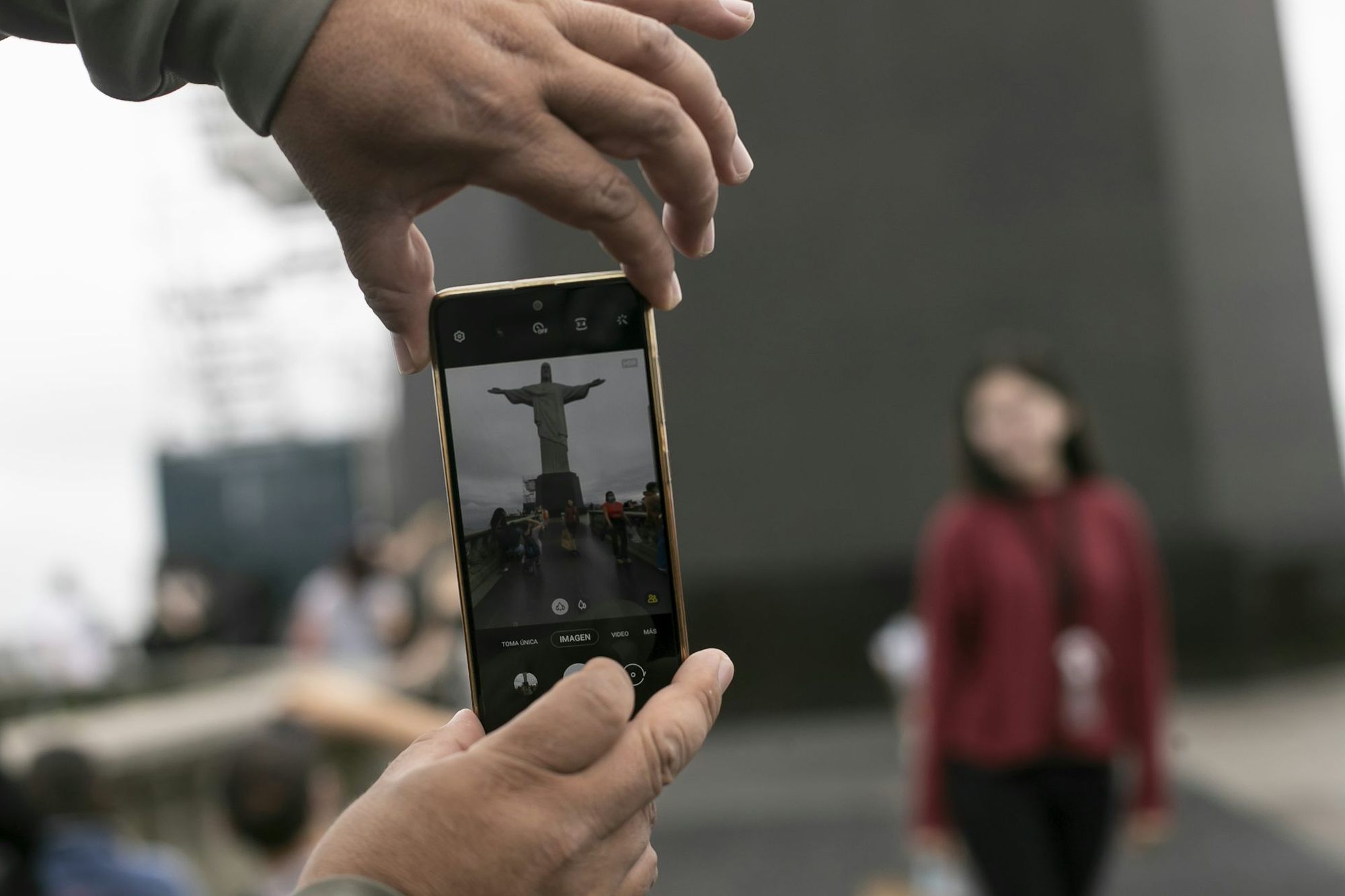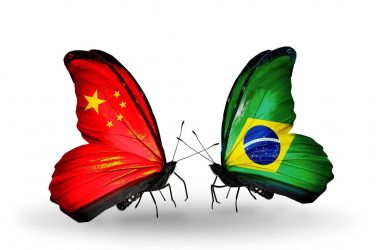Brazil, with its unparalleled natural beauty and rich cultural heritage, has the potential to be a significant player in international tourism. Despite the challenges of language barriers, geographical distances, high costs, safety concerns, and a lack of adaptation to international tourism standards, the allure of Brazil’s natural wonders and vibrant lifestyle remains a beacon of hope for its future in the global tourism industry.
Paris hosted 26 million international visitors in 2023. Brazil, meanwhile, has never reached the mark of seven million foreign tourists in a year.
The competition to attract international tourists is fierce. The idea that Brazil’s lush landscapes, vibrant culture, and friendly hospitality are enough to attract potential travelers is a fallacy.
The country currently attracts less than 0.5% of the world’s international trips, a stark contrast to Mexico (3.2%), Thailand (2.2%), and India (1.1%). Its smaller neighbour Argentina welcomes more international travelers than Brazil annually.
How can this be? Although there are plenty of problems in Brazil, five reasons explain the country’s challenges in attracting tourists. They are:
1 – Distances and transportation
First, tourists find getting where they want to go in Brazil difficult. Its continental dimensions and global position make trips long, expensive, and complicated.
It is worth remembering that Europe, North America, and Asia are the leading international tourist markets. As a result, most overseas travelers have no option but to make a great effort to arrive in Brazil.
Although it has been expanding recently, and there is a growing effort to attract new air routes, there are few options for direct flights to Brazil´s north or northeast regions. Transport challenges occur despite the growing international appeal of the Amazon and beaches such as Fernando de Noronha, which are much closer to the European and North American markets.
Popular nature-based and cultural destinations depend on expensive domestic/regional aviation, usually with limited availability.
Additionally, ground transport suffers from the long distances involved and the precariousness of highways, including a lack of security and the scarcity of road and rail services suitable for foreign audiences.
2 – Feeling of insecurity and violence
The second factor is the feeling of insecurity. There are reasons for this: the homicide rate in the country is 20 per 100,000 inhabitants, placing Brazil as 16th in the most violent countries ranking. In the criminality and organized crime ranking, Brazil occupies the 22nd position.
Although violence is mainly concentrated in specific areas, it can be difficult for visitors to distinguish between safe and unsafe places.
An example is the “unsafety” classification that the U.S. Department of State gives U.S. citizens who wish to travel to Brazil. The British government warns about kidnappings, rapes, robberies, and scams in Brazil.
Another facet of the insecurity problem is “small” scams applied to tourists, such as improper price rises and service deliveries that differ from what was contracted. The so-called “Brazilian way of doing things”, a combination of informality with absent professionalism that promises easy solutions, contrasts with the difficulty that tourists find in defending themselves or appealing against these scams.
3 – Inadequate services
A third factor is that foreign tourists usually prefer services that suit their needs and preferences. Most Brazilian tourism service providers speak only Portuguese; recent surveys indicate that 1% of Brazilians are fluent in English.
Tourist services are generally aimed at the Brazilian domestic audience, with few options that cater to both Brazilian and foreign preferences. Information available online, tours, activities, meals, and additional services are rarely designed to address the needs or tastes of international tourists.
The greater attention given to local clients is natural since the number of domestic visitors far exceeds that of foreigners. This disproportionate ratio dilutes the presence of international tourists among the mass of Brazilian visitors, practically eliminating specialized services for them.
4 – Costs
Foreigners cannot make a quality trip to Brazil on a low budget. The country is not cheap for travelers.
This fact does not mean Brazil is an expensive destination, like Switzerland or Japan. Although Brazil is not among the most expensive countries to travel to, it is not one of the cheapest either. Brazil has a median cost of living.
Unlike really cheap countries, such as Indonesia, India, and Egypt, in Brazil, the average tourist cannot hire services at a competitive price that guarantees compatibility with experiences from the best locations.
For example, public urban transport is cheap but of poor quality, and specialized transport services for tourists are good but priced highly.
5 – Erratic promotion of the country
There has been a lack of continuity in the country’s international promotion. Building, maintaining, and constantly improving a tourist destination’s positive image is essential.
In addition to the rational decisions that impact the purchase of travel, emotional factors are increasingly present. For experienced travelers, visiting a country perceived as a friendly and creative place, vibrant in culture, and where you can rest in tranquility becomes increasingly essential. Buying a holiday is, after all, making a dream come true.
Holistic solution
Addressing isolated issues is not enough to attract more international travelers and generate prosperity in Brazil. A comprehensive approach is needed to create a high-quality tourist experience, which is challenging.
This challenge is particularly significant for destinations where local citizens struggle daily. Developed countries with high quality of life find it easier to develop and thrive in tourism. In contrast, developing or least developed countries often see tourism flourish in wealthy enclaves protected by security barriers, such as Cancun (Mexico), Bali (Indonesia), or the Maldives.
However, developing tourism in such enclaves is controversial and can lead to social and political conflicts. In Brazil, this model has become increasingly politically unfeasible and rejected by public opinion.
Discussions about Brazil’s stagnation in international tourism often focus on specific aspects like limited flight options, a lack of trained workers, and uneven marketing investments. While these points are important, addressing them in isolation without a holistic approach will continue to hinder Brazil’s potential as a major international tourism destination.
Gui Lohmann is a professor at RMIT University.
Glauber Eduardo de Oliveira Santos is a professor at Universidade de São Paulo (USP)
Jaqueline Gil is a PhD researcher at Universidade de Brasília (UnB)
This article was originally published in The Conversation. Read the original article here: https://theconversation.com/five-reasons-why-brazil-struggles-to-attract-international-tourists-240408




